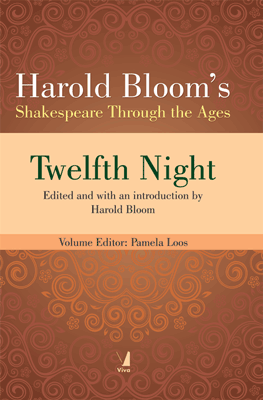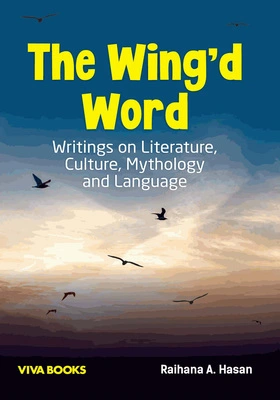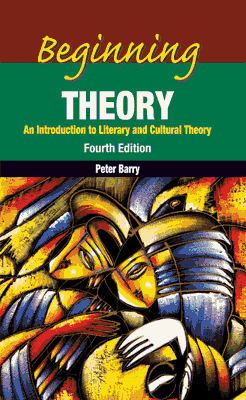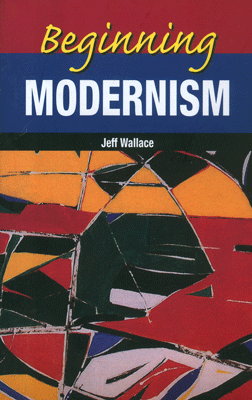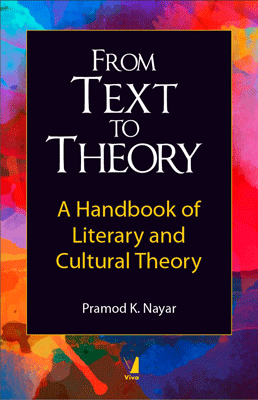Twelfth Night
Twelfth Night
Edited and with an introduction by Harold Bloom
₹535.50 ₹595.00 Save: ₹59.50 (10%)
Go to cart-
Out of Stock
ISBN: 9788130933979
Bind: Paperback
Year: 2016
Pages: 246
Size: 152 x 228 mm
Publisher: Facts On File Inc.
Published in India by: Viva Books
Exclusive Distributors: Viva Books
Sales Territory: India, Nepal, Pakistan, Bangladesh, Sri Lanka
Description:
An intricate comedy featuring separated twins, disguises, and impediments to love, Twelfth Night is Shakespeare's farewell to the comedic genre, and what many consider to be his greatest achievement in that mode. This invaluable new study guide to one of Shakespeare's greatest plays contains a selection of the finest criticism through the centuries on Twelfth Night, including commentaries by such important critics as Samuel Johnson, Chales Lamb, A.C. Bardley, Harold C. Goddard and many others. Students will also benefit from the additional features in this volume, including an introduction by Harold Bloom, an accessible summary of the plot, an analysis of key passages, a comprehensive list of characters, a biography of Shakespeare, essay discussing main currents of criticism in each century since Shakespeare's time and more.
Each volume in the Bloom's Shakespeare Through the Ages contains the finest criticism on a particular work from the Bard's oeuvre, selected under the guidance of renowned Shakespearean scholar, Harold Bloom Intended for students just beginning their exploration of Shakespeare, these invaluable study guides present the best of Shakespeare criticism, from the 17th century to today In the process, each volume also charts the flow over time of critical discussion of a particular work.
This essential set is unique not only in the range of commentary it provides on each of Shakespeare's greatest works, but also in its emphasis on the greatest critics in our literary tradition — including such critics as John Dryden in the 17th century, Samuel Johnson in the 18th century, William Hazlitt and Samuel Taylor Coleridge in the 19th century, A.C. Bradley and William Empson in the 20th century, and many more Some of the pieces included are full—length essays; others are excerpts designed to present a key point.
Target Audience:
Students and academics of English literature.
Contents:
Series Introduction • Introduction by Harold Bloom • Biography of William Shakespeare • Summary of Twelfth Night • Key Passages in Twelfth Night • List of Characters in Twelfth Night
CRITICISM THROUGH THE AGES
Twelfth Night in the Seventeenth Century
1601—John Manningham. From his Diary, February 2 • 1663—Samuel Pepys. From The Diary of Samuel Pepys
Twelfth Night in the Eighteenth Century
1753—Charlotte Lennox. “The Fable of Twelfth-Night, or What You Will,” from Shakespear Illustrated, or the Novels and Histories on which the Plays of Shakespear Are Founded • 1765—Samuel johnson. From “Notes on Twelfth Night, or What You Will,” from The Plays of William Shakespear • 1775—Elizabeth Griffith. “Twelfth Night: or, What You Will,” from The Morality of Shakespeare's Drama Illustrated
Twelfth Night in the Nineteenth Century
1817—William Hazlitt. ”Twelfth Night: or, What You Will,” from Characters of Shakespear's Plays • 1823—Charles Lamb. From On Some of the Old Actors • 1833—Anna Jameson. From “Viola,” from Shakspeare's Heroines: Characteristics of Women, Moral, Poetical, & Historical • 1839—Charles Knight. From The Pictorial Edition of the Works of Shakspere • 1847—G. C. Verplanck. From The Illustrated Shakespeare • 1876—John Weiss. From Wit, Humor, and Shakspeare • 1876—Hermann Ulrici. “Twelfth Night; or, What You Will, from Shakspeare's Dramatic Art: History and Character of Shakespeare's Plays (third edition) • 1877—F.J. Furnivall. From “Introduction to the Play,” from The Leopold Shakspere • 1894—Arthur Symons. “Notes and Introduction to Twelfth Night; or, What You Will,” from The Works of William Shakespeare (The Henry Irving Shakespeare) • 1898—Georg Brandes. “Twelfth Night,” from William Shakespeare: A Critical Study
Twelfth Night in the Twentieth Century
1907—Maurice Hewlett. “Introduction to Twelfth Night,” from The Complete Works of William Shakespeare • 1914—Morris P. Tilley. “The Organic Unity of Twelfth Night,” from PMLA • 1915—William Winter. “Character of Viola,” from Shakespeare on the Stage • 1916—A.C. Bradley. “Feste the Jester,” from A Book of Homage to Shakespeare • 1925—J. B. Priestley. “The Illyrians,” from The English Comic Characters • 1932—G. Wilson Knight. From “The Romanti Comedies,” from The Shakespearian Tempest • 1951—Harold C. Goddard. “Twelfth Night,” from The Meaning of Shakespeare • 1958 — Leo Salingar. “The Design of Twelfth Night,” from Shakespeare Quarterly • 1959—C. L. Barber. “Testing Courtesy and Humanity in Twelfth Night,” from Shakespeare's Festive Comedy • 1966—Jan Kott. From “Shakespeare's Bitter Arcadia,” from Shakespeare Our Contemporary • 1987—Harold Bloom. “Introduction,” from Twelfth Night (Chelsea House)
Twelfth Night in the Twenty-first Century
2002—David Bevington. From “Last Scene of All: Retirement from the Theatre,” from Shakespeare: An Introduction • 2006—R. W. Maslen. “Twelfth Night, Gender, and Comedy,” from Early Modern English Drama: A Critical Companion
Bibliography • Acknowledgments • Index
About the Series Editor:
Harold Bloom is Sterling Professor of the Humanities at Yale University and the author of more than 30 books, including Shelley's Mythmaking (1959), Blake's Apocalypse (1963), Yeats (1970), The Anxiety of Influence (1973), A Map of Misreading (1975), Kabbalah and Criticism (1975), Agon: Toward a Theory of Revisionism (1982), The American Religion (1992), The Western Canon (1994), Shakespeare: The Invention of the Human (1998), How to Read and Why (2000), Hamlet: Poem Unlimited (2003), Where Shall Wisdom Be Found” (2004), and Jesus and Yahweh: The Names Divine (2005). In 1999, Professor Bloom received the American Academy of Arts and Letters” Gold Medal for Criticism.
